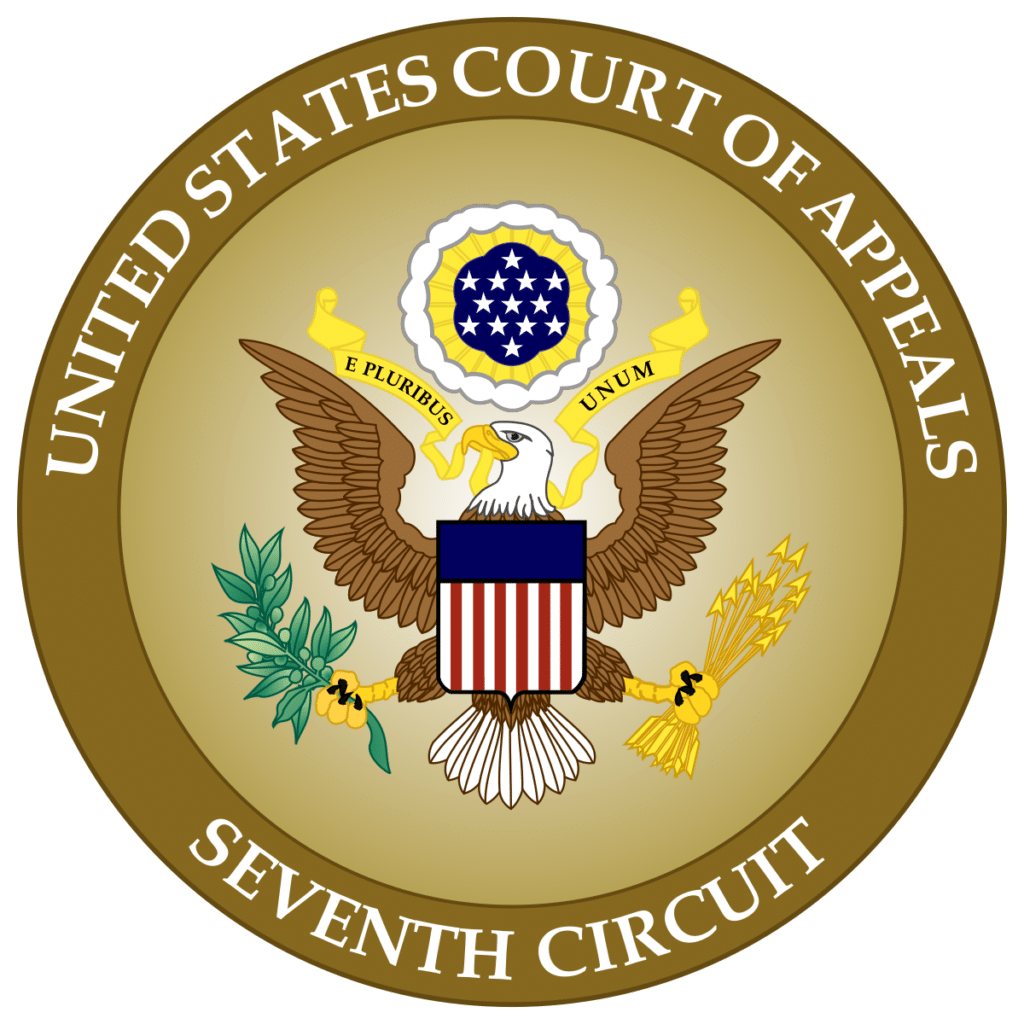Court of Appeals

In Indiana, there are a few hundred judges in Indiana’s 92 counties who hear and/or manage roughly three million cases at any given time. When a criminal or civil case is decided by a judge or jury, an aggrieved (losing) party has the constitutional right to appeal the decision. These appeals are almost always taken to Indiana’s intermediate appellate court, the Court of Appeals of Indiana, who handle approximately 3,000 cases per year.
The Inner Workings of the Indiana Court of Appeals.
There are fifteen (15) judges comprising the Court of Appeals, who are drawn from one (1) of the five (5) Appeal Court districts. The members of the Court choose a Chief judge, who serves a three-year term. All of the Court of Appeals judges are nominated by the Judicial Nominating Committee when there is a vacancy, with the final decision to select a judge for an open vacancy made by the Governor. The Indiana Court of Appeals is located in Indianapolis and has a court room for oral argument and other official business located in the rotunda of the Indiana State Capitol building.
At Dixon & Moseley, P.C., we observe and understand most litigants have little understanding of the appellate process. Unlike television and other shows that somewhat reflect what actually occurs in trial court courtrooms, appellate courts operate mostly outside the courtroom and receive and decide their cases based on written briefs (booklets setting forth each party’s position) written by a litigant’s appellate counsel. The Appellant’s Brief can be up to 30 pages long, to which the opposing party has 30 days to research and write their Appellee’s Brief, which can also be up to 30 pages long. The Appellant can have the last say and has 15 day to file a Reply Brief. At this time, the case is known as fully briefed and then it is transmitted by the Clerk of the Indiana Court of Appeals and Supreme Court to three judges (who rotate in 3-judge panels, and is known as the writing panel) to review and issue a written decision, which may affirm or reverse the trial court’s order in whole or in parts. With three judges, every case is given significant review to correct errors, if any, made in a trial court. It is possible to have an oral argument in this Court by filing a motion for same or the Court of Appeals sua sponte ordering same. These are rare.
The written decision of the three-judge panel is then transmitted back to appellate counsel. In this decision, which may be “For Publication” or a “Memorandum Decision”, the Court of Appeals may affirm the trial court’s decision on appeal, in whole or in part. The Court of Appeals may also reverse the decision in whole or part (if the appeal raises several different issues). If it reverses, it may remand (send) the case back to the trial court to follow its instructions on remand, if other appellate action is not taken. At this time, a party who disagrees with the Court of Appeals’ decision has thirty (30) days to ask the Court of Appeals to rehear the case by filing a Petition for Rehearing or Petition to Transfer to the Indiana Supreme Court. It is permissible to request a rehearing in the Court of Appeals, and if it is denied, then file a petition seeking transfer. If rehearing is not sought, then the losing party has forty-five (45) days to file a petition seeking transfer.
If no action is taken by the appellants, the “For Publication” or “Memorandum Decision” is certified by the Clerk of the Court and is not subject to future challenge in all but a small number of circumstances. If there is a stay, it will typically lift at this time and/or the matter, if reversed, will go back to the trial court for action consistent with the decision or as directed in the decision. The parties will then follow the decision of the trial court relative to the decision and any instructions from the Court of Appeals and/or Indiana Supreme Court.
Dixon & Moseley, P.C. attorneys focus a substantial amount of their practice on civil and criminal appeals. If you desire to appeal, Dixon & Moseley, P.C. may be the right legal team to perfect your appeal, brief the matter, and handle any corollary matters, such as oral argument. In addition, since a significant number of cases have one or more issues reversed, the firm may be able to handle your representation on the remand issues in your trial court if you wish. Are we the right firm for you?



Proven & experienced attorneys successfully advocating & resolving complex cases for over 25 years
[wpbr_collection id=”154″]